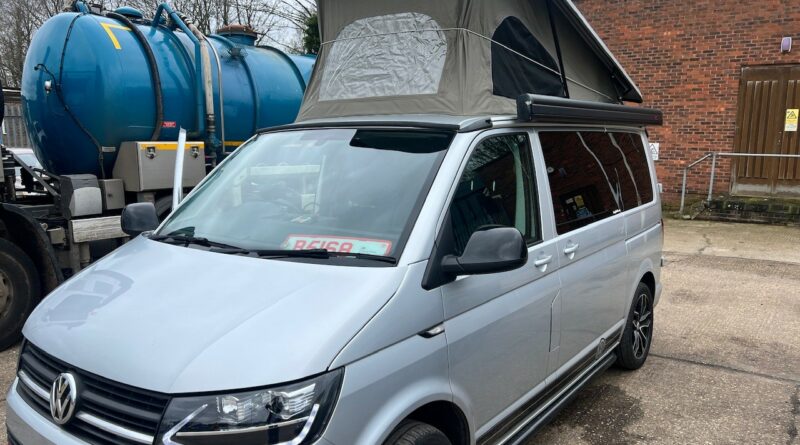Comprehensive Guide to a Camper Van Inspection
In this comprehensive guide, we’ll outline the key steps involved in performing inspection for a used camper van. Investing in a used camper van can be an exciting endeavour, offering the promise of adventure and exploration on the open road. However, before making such a significant purchase, it’s essential to conduct a thorough pre-purchase inspection to ensure that the camper van is in good condition and meets your needs.
1. Exterior Inspection:
- Body and Frame: Check for any signs of rust, corrosion, or damage to the camper’s body and frame. Look closely at seams, joints, and welds for signs of rust or separation.
- Roof and Seals: Inspect the roof for any cracks, leaks, or signs of water damage. Check the condition of the seals around vents, windows, and doors to ensure they are intact and watertight.
- Tires and Wheels: Check the condition of the tires for wear and damage, including tread depth and sidewall cracks. Inspect the wheels for signs of rust or damage, and ensure that the lug nuts are tight.
2. Interior Inspection:
- Living Area: Check the condition of the interior living area, including the furniture, flooring, walls, and ceiling. Look for any signs of water damage, mold, or mildew.
- Appliances: Test all appliances, including the stove, refrigerator, microwave, and air conditioning unit, to ensure they are in working order. Check for any signs of damage or malfunction.
- Plumbing and Electrical Systems: Test the plumbing and electrical systems, including faucets, sinks, toilets, and electrical outlets. Look for any leaks, clogs, or electrical issues.
- Safety Features: Check the condition of safety features such as smoke detectors, carbon monoxide detectors, fire extinguishers, and emergency exits.
3. Mechanical Inspection:
- Engine and Transmission: If the camper is motorized, inspect the engine, transmission, and drivetrain for any signs of wear or mechanical issues. Check the oil, coolant, and transmission fluid levels.
- Suspension and Brakes: Inspect the suspension components and brakes for signs of wear or damage. Test the brakes to ensure they are responsive and effective.
- Exhaust System: Check the exhaust system for any leaks, rust, or damage. Listen for any unusual noises or vibrations while the engine is running.
4. Documentation and History:
- Service Records: Request any available service records, maintenance logs, or repair receipts for the camper. This will provide valuable insight into its maintenance history and any previous issues.
- Vehicle History Report: Obtain a vehicle history report using the camper’s vehicle identification number (VIN). This report will reveal any previous accidents, title issues, or odometer discrepancies.
- Ownership and Registration: Verify the camper’s ownership and registration status, ensuring that all paperwork is in order and up to date.
5. Test Drive:
- Road Test: Take the camper for a test drive to evaluate its performance and handling on the road. Pay attention to acceleration, braking, steering, and overall ride quality.
- Noise and Vibration: Listen for any unusual noises, vibrations, or rattles while driving. These could indicate underlying mechanical issues that require attention.
Conclusion:
When buying used camper a thorough pre-purchase inspection is essential when buying a used camper to ensure that you’re making a sound investment. By carefully inspecting the exterior, interior, mechanical components, and documentation, you can identify any potential issues and make an informed decision about whether the camper meets your needs and expectations. Remember, it’s always a good idea to enlist the help of a professional mechanic or RV inspector for a comprehensive evaluation before finalizing the purchase. With proper due diligence, you can enjoy many memorable adventures in your new-to-you camper with confidence and peace of mind.

